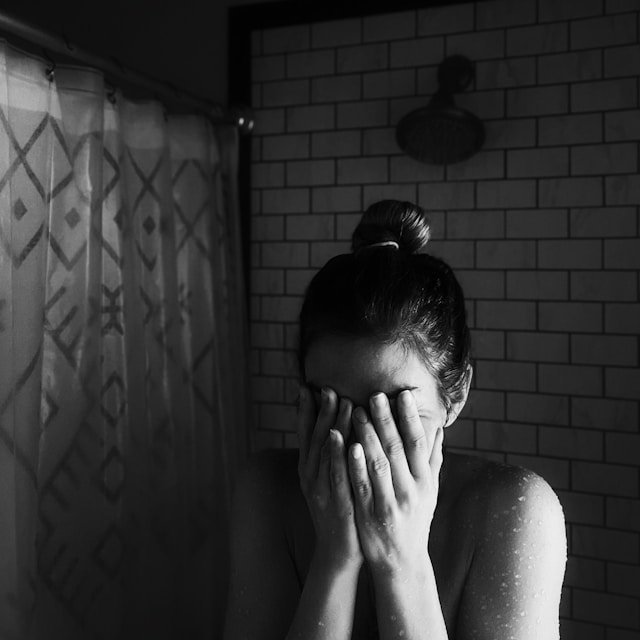Baku, August 2025
When “Aygun” fled her home late one night, she took only her phone and her child’s hand. “I never thought I’d be escaping from the place I called safe,” she said, her voice distant. Her story mirrors the hidden reality faced by countless Azerbaijani women each year.
In 2023, the State Statistical Committee recorded 1,482 cases of domestic violence, including 62 serious incidents—many more than can be seen in official statistics alone due to widespread underreporting and cultural stigma. (OC Media via Transitions)
Azerbaijan’s legal framework includes strong protections: the 2006 Law on State Guarantees of Equal Rights for Women and Men and the 2010 Law on the Prevention of Domestic Violence prohibit physical, psychological, and sexual abuse and mandate support services. Yet, these laws remain only partially effective. (Wikipedia – Gender equality in Azerbaijan) Courts and police often urge “mediation” between victim and perpetrator instead of enforcing protection orders, perpetuating a culture of silence. (Universal Periodic Review of Azerbaijan)
A 2012 sociological survey revealed that 40% of respondents believed women should tolerate abuse to preserve family unity, and 22% felt women could be “deserving of violence,” highlighting the deep roots of victim-blaming. (Wikipedia – Women in Azerbaijan)
Support infrastructure remains minimal. The Clean World (Tamiz Dunya) Public Union in Baku runs one of only two shelters in the country, assisting up to 60 women and children and providing legal, psychological, and reintegration services. A second shelter in Ganja, managed by the Tamas Public Union, accommodates 25 individuals. (Equality Now via Clean World Social Union report)
International agencies remain concerned. UN Women estimates that at least 5.2% of partnered Azerbaijani women aged 15–49 experienced intimate partner violence in the past year—although this likely undercounts the reality due to cultural and methodological limitations. (UN Women Global Database)
Compounding the issue, women who speak out—especially journalists and human rights defenders—face vicious smear campaigns, non-consensual leaks of private content, and public defamation. Amnesty International warns these tactics serve to intimidate and silence critics, with implicating signs pointing to state involvement. (Wikipedia – Women in Azerbaijan on reprisal campaigns)
On a brighter note, the government began reforms in mid-2025, pushing for protective ordinances, legal aid expansion, and penalties for forced or early marriages. However, without robust enforcement, public awareness campaigns, and accessible victim services, these offers remain symbolic rather than transformative.
Aygun’s voice echoes a powerful truth: “I want safety—for my child and for myself. No one should fear their home.”
Help Is Available (Real Hotlines & Support Centers)
**Clean World (Tamiz Dunya) Public Union (Baku)**
Address: Binaqadi District, Husu Haciyev 23, AZ1144 Baku, Azerbaijan
Phone: (+994 12) 408‑6586 or (+994 12) 511‑1151
Services: Legal aid, shelter, counseling, rehabilitation- **Women’s Hotline via the State Committee for Family, Women, and Children Affairs**
Short number: 116 111 — provides initial psychological support and referrals
In 2024, the hotline received 1,624 calls, including 472 related to domestic violence, 495 consultations on legal rights, and 267 on socio-economic issues


